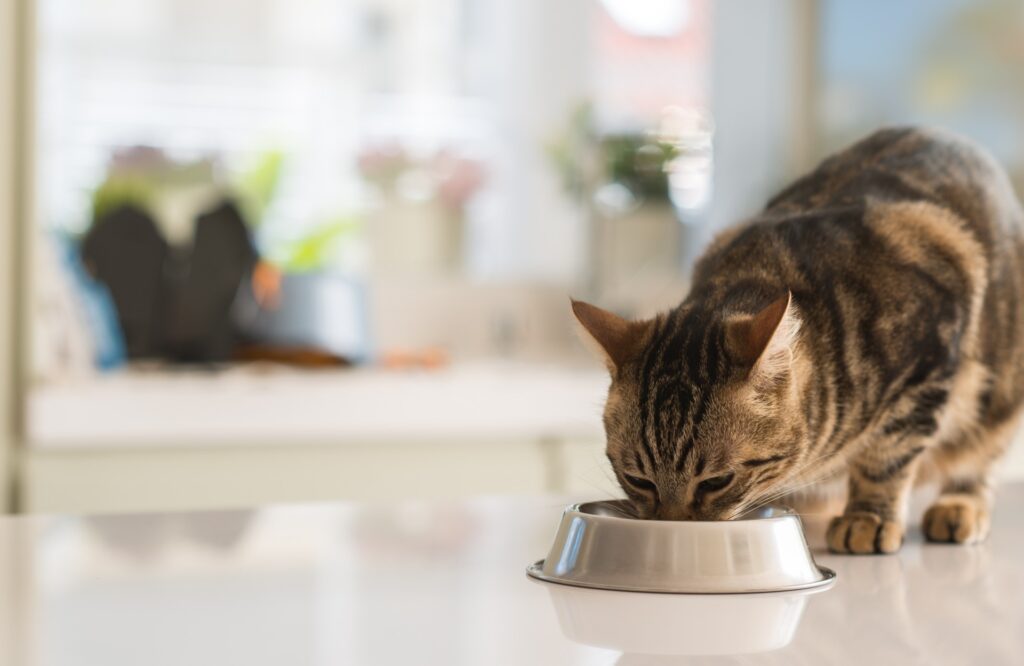Like people, pets also need to have one aspect of their health that’s often overlooked: their oral health. Sure, your pets won’t have breath that smells minty fresh at all times, but if it’s so bad that it makes you gag, they may have issues that need to be addressed through animal dentistry.
We break down why regular animal dentistry is so important and how it can affect your pet.
Pet Dental Issues That Can Occur That Need Animal Dentistry
As we mentioned, bad breath is naturally common in many animals, but if you recoil at the smell, it’s time to seek out the proper animal dentistry.
Other common issues include:
- Tooth loss
- Oral pain or sensitive teeth
- Organ damage (in severe cases)
Most of these issues occur in pets the same way they occur in people: plaque builds up on teeth which causes damage to teeth resulting in things like cavities and tooth pain.
If plaque isn’t removed by brushing, then it can turn into tartar and if that grows below the gumline serious issues can develop. However, if tartar forms above the gumline it can be removed by pet dentists.

Signs of Pet Dental Problems
Because pet behaviour varies so much, your pet may not outwardly show any signs of dental issues. Make sure to ask your veterinarian about any oral health issues they notice when you’re in for your regular exam.
Some symptoms your pet may be exhibiting include:
- Bad breath
- Yellow or brown crust on the surface of their teeth
- Their gums are bleeding
- Change in chewing habits or eating habits
- Excessive drooling
If you notice any of these symptoms make an appointment with us to get them treated as soon as possible.
How to Improve the Oral Health of Your Pet
Regular Brushing
Again, like people, pets also need some form of regular dental care. Luckily, there are pet-friendly kinds of toothpaste available to brush your pet’s teeth. For the pets that are less cooperative, you can add chicken broth or tuna juice to improve the taste for them.
However, some pets just won’t let you near their mouths at all. In those cases, there are dental chews out there that taste just like a treat to your pet but have dental care ingredients in them that also clean your pet’s teeth.
Make Sure They’re Eating the Proper Food
We’ve all seen it in the movies. The kid who doesn’t want to eat dinner sticks his plate under the table for the dog to lick clean. Depending on the food it may be fine, but oftentimes there are foods your pet can’t eat or may not be able to tolerate.
If you’re not sure, be sure to ask your veterinarian what foods are safe for your dog to eat.
Many fruits are veggies are okay for many pets, as are many cooked portions of meat, but again, some pets have intolerances to certain foods or they’re even poisonous to them. When it comes to their daily food, check the labelling on the packaging, especially if your pet is averse to eating their meals as it may not be as good for them as you think. Just like how we need to take care of our teeth, so do we need to do so for our pets. By following our above tips, your pet is sure to be all smiles in the healthiest way.
